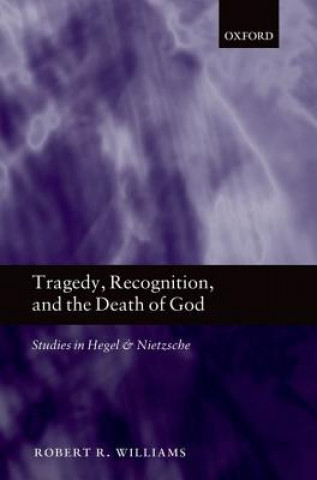
Kód: 04534410
Tragedy, Recognition, and the Death of God
Autor Robert R. Williams
Hegel and Nietzsche are two of the most important figures in philosophy and religion. Robert R. Williams challenges the view that they are mutually exclusive. He identifies four areas of convergence. First, Hegel and Nietzsche ex ... celý popis
- Jazyk:
 Angličtina
Angličtina - Vazba: Pevná
- Počet stran: 424
Nakladatelství: Oxford University Press, 2012
- Více informací o knize

Mohlo by se vám také líbit
Dárkový poukaz: Radost zaručena
- Darujte poukaz v libovolné hodnotě a my se postaráme o zbytek.
- Poukaz se vztahuje na celou naši nabídku.
- Elektronický poukaz vytisknete z e-mailu a můžete ihned darovat.
- Platnost poukazu je 12 měsíců od data vystavení.
Více informací o knize Tragedy, Recognition, and the Death of God
Nákupem získáte 460 bodů
 Anotace knihy
Anotace knihy
Hegel and Nietzsche are two of the most important figures in philosophy and religion. Robert R. Williams challenges the view that they are mutually exclusive. He identifies four areas of convergence. First, Hegel and Nietzsche express and define modern interest in tragedy as a philosophical topic. Each seeks to correct the traditional philosophical and theological suppression of a tragic view of existence. This suppression of the tragic is required by the moral vision of the world, both in the tradition and in Kant's practical philosophy and its postulates. For both Hegel and Nietzsche, the moral vision of the world is a projection of spurious, life-negating values that Nietzsche calls the ascetic ideal, and that Hegel identifies as the spurious infinite. The moral God is the enforcer of morality. Second, while acknowledging a tragic dimension of existence, Hegel and Nietzsche nevertheless affirm that existence is good in spite of suffering. Both affirm a vision of human freedom as open to otherness and requiring recognition and community. Struggle and contestation have affirmative significance for both. Third, while the moral God is dead, this does not put an end to the God-question. Theology must incorporate the death of God as its own theme. The union of God and death expressing divine love is for Hegel the basic speculative intuition. This implies a dipolar, panentheistic concept of a tragic, suffering God, who risks, loves, and reconciles. Fourth, Williams argues that both Hegel and Nietzsche pursue theodicy, not as a justification of the moral God, but rather as a question of the meaningfulness and goodness of existence despite nihilism and despite tragic conflict and suffering. The inseparability of divine love and anguish means that reconciliation is no conflict-free harmony, but includes a paradoxical tragic dissonance: reconciliation is a disquieted bliss in disaster.
 Parametry knihy
Parametry knihy
Zařazení knihy Knihy v angličtině Humanities Religion & beliefs Religion: general
4598 Kč
- Plný název: Tragedy, Recognition, and the Death of God
- Podnázev: Studies in Hegel and Nietzsche
- Autor: Robert R. Williams
- Jazyk:
 Angličtina
Angličtina - Vazba: Pevná
- Počet stran: 424
- EAN: 9780199656059
- ISBN: 0199656053
- ID: 04534410
- Nakladatelství: Oxford University Press
- Hmotnost: 780 g
- Rozměry: 166 × 239 × 27 mm
- Datum vydání: 27. September 2012
Oblíbené z jiného soudku
-
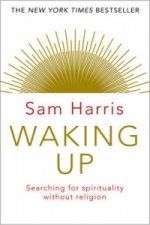
Waking Up
306 Kč -
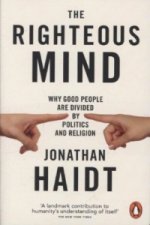
The Righteous Mind
357 Kč -

End of Faith
254 Kč -

Death
172 Kč -
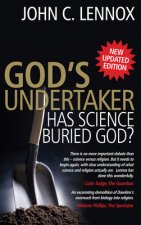
God's Undertaker
303 Kč -
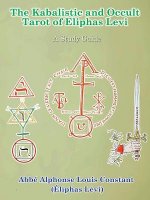
Kabalistic and Occult Tarot of Eliphas Levi
797 Kč -
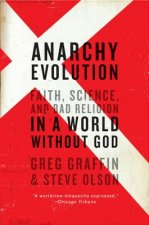
Anarchy Evolution
357 Kč -
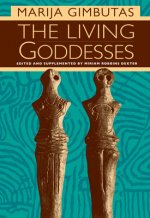
Living Goddesses
899 Kč -

Original Aramaic New Testament in Plain English with Psalms & Proverbs (8th Edition Without Notes)
844 Kč -
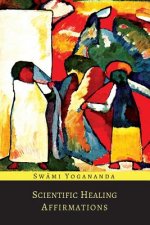
Scientific Healing Affirmations
173 Kč -
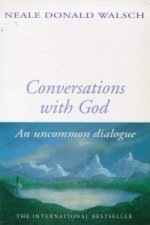
Conversations With God
236 Kč -

The Psychology of Selling
383 Kč -

As a Man Thinketh
179 Kč -
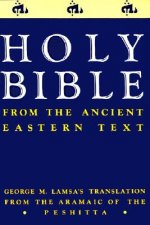
Holy Bible
909 Kč -
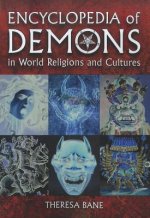
Encyclopedia of Demons in World Religions and Cultures
1471 Kč -

American Cosmic
514 Kč -
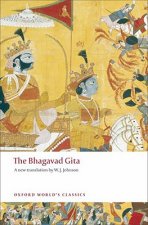
Bhagavad Gita
194 Kč -

Koran
515 Kč -

Secular Age
612 Kč -

Mabon
291 Kč -

Religion for Atheists
358 Kč -
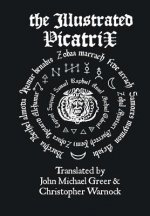
Illustrated Picatrix: the Complete Occult Classic of Astrological Magic
1486 Kč -
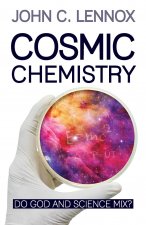
Cosmic Chemistry
410 Kč -

Princess Majestic Bible Tabs
166 Kč -
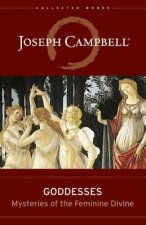
Goddesses
571 Kč -
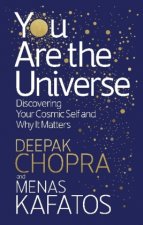
You Are the Universe
379 Kč -

Good Morning, Holy Spirit
410 Kč -
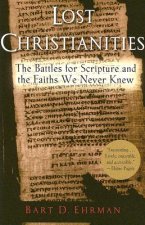
Lost Christianities
316 Kč -
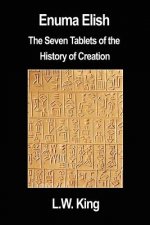
Enuma Elish
471 Kč -
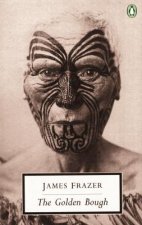
Golden Bough
472 Kč -

Mary Magdalene and the Divine Feminine
401 Kč -
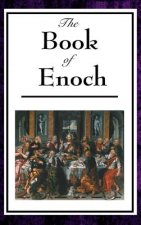
Book of Enoch
579 Kč -
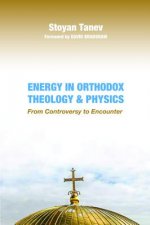
Energy in Orthodox Theology and Physics
1010 Kč -

History of God
357 Kč -

Religions Book
534 Kč -
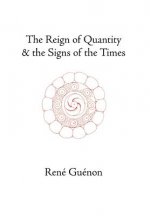
Reign of Quantity and the Signs of the Times
925 Kč -

Magic: History, Theory, Practice
565 Kč -
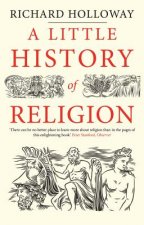
Little History of Religion
306 Kč -
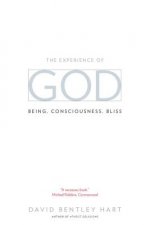
Experience of God
444 Kč -
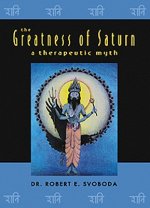
The Greatness of Saturn
306 Kč -

Dao De Jing
407 Kč -
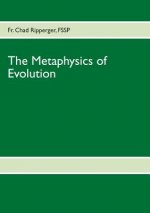
Metaphysics of Evolution
326 Kč -
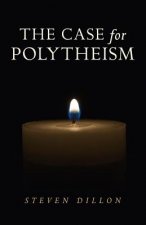
Case for Polytheism
293 Kč -

History of Israel, Fourth Edition
1259 Kč -
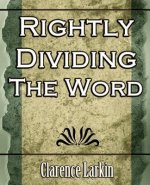
Rightly Dividing the Word (Religion)
870 Kč -
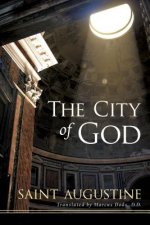
City of God
470 Kč -

Fallen Angels and the Origins of Evil
432 Kč -
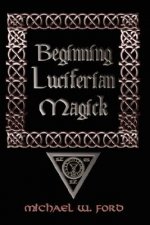
Beginning Luciferian Magick
501 Kč -
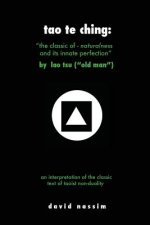
Tao Te Ching - by Lao Tsu
447 Kč
Osobní odběr Praha, Brno a 12903 dalších
Copyright ©2008-24 nejlevnejsi-knihy.cz Všechna práva vyhrazenaSoukromíCookies




 Vrácení do měsíce
Vrácení do měsíce 571 999 099 (8-15.30h)
571 999 099 (8-15.30h)